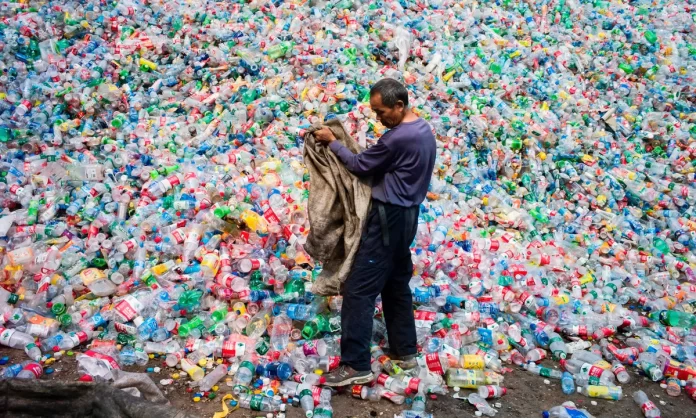Scientists at the University of Sydney have discovered two types of fungi that can break down the plastic at an unprecedented rate, potentially solving the world’s plastic waste problem within five years
The University of Sydney scientists have discovered two types of fungi that can break down plastic at an unprecedented rate, potentially solving the world’s plastic waste problem.
According to the researchers, the plastic-eating mold can break down stubborn plastics, such as cling wrap and ice cream tubs, in just 140 days.
Ali Abbas, a chemical engineering professor at the university, called it “the highest degradation rate reported in the literature that we know in the world.”
He emphasized that while the new technology is a significant step forward, tackling behavioral, social, and business issues is also crucial to address the plastics problem.
Bring the perspective back home
According to a United Nations Industrial Development Organisation (UNIDO) report, Nigeria generates over 32 million tonnes of waste annually with plastic accounting for 2.5 million tonnes.
Globally, Nigeria ranks ninth among countries with the highest contributions to plastic pollution. Unfortunately, over 88% of the plastic waste generated in Nigeria is not recycled.
About the new solution
The importance of finding a solution to the global plastic crisis has been underscored by laboratory experiments conducted by Ph.D. student Maaike Goudriaan at the Royal Netherlands Institute for Sea Research (NIOZ), which has shown that the bacterium Rhodococcus Ruber actually eats and fully digests plastic material.
The discovery of the plastic-eating fungi by the University of Sydney scientists offers hope that the global recycling crisis could be averted within the next five years.













